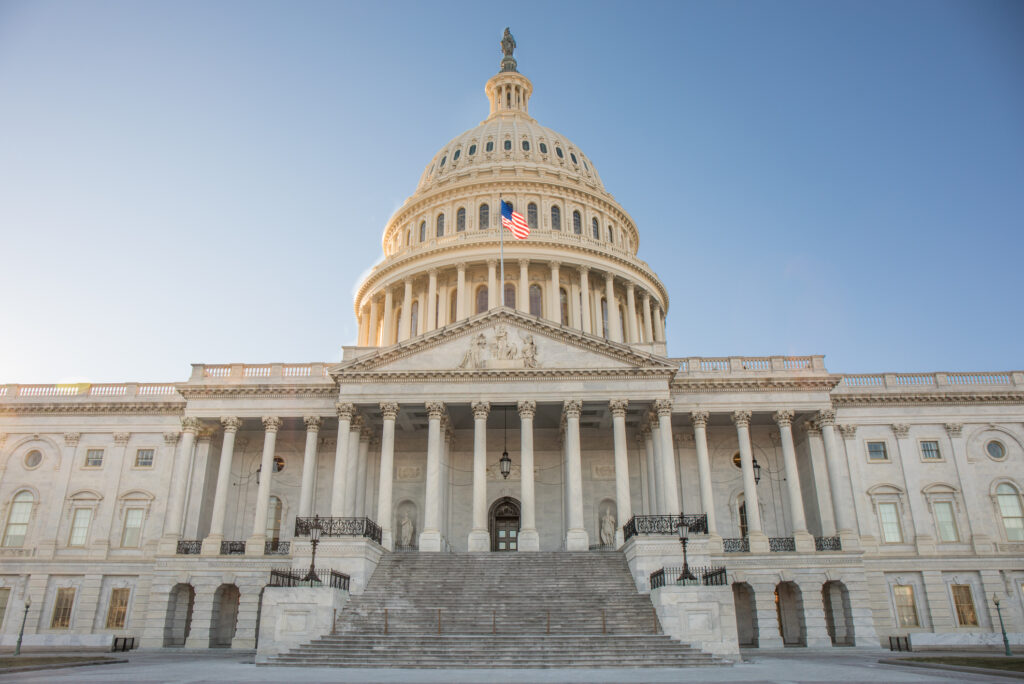CCDBG, a Program that Provides Vital Child Care Assistance, Celebrates 28th Birthday
Today, the Child Care and Development Block Grants (CCDBG) celebrates its 28th anniversary. Since November 1990, millions of children from low-income families have gained access to early learning environments, parents have been able to go to work and school, and child care providers have had access to vital resources thanks to CCDBG funds.
From the beginning of the program, CCDBG has been a critical piece of the federal-state early childhood continuum. CCDBG combines federal discretionary and mandatory funding to provide block grants to states. Using this funding, states are able to distribute money to offset the cost of child care for low-income families. Each month, nearly 1.4 million children receive subsidies through CCDBG. These subsidies allow parents to work knowing their child is well cared for in a quality early learning environment. While CCDBG provides invaluable support to children and families, it is also vital for care providers. In 2016, more than 369,000 child care providers received subsidies each month which ensures their ability to provide high quality care.
Throughout its history, CCDBG has responded to the needs of states, families, and providers. Initially, CCDBG was viewed as a workforce support because of child care’s role in helping parents attend work or school. Over time, as understanding about the importance of quality in early learning settings grew, CCDBG has become an integral part of quality improvement to child care programs across the country. During CCDBG’s bipartisan reauthorization in 2014, Congress added key provisions to improve health and safety requirements, increase quality, and improve consumer information standards so that parents have more information when making care decisions.
Meeting the new 2014 standards required substantial investments in both provider and state-level systems. Congress recognized that states needed additional resources to increase capacity to deliver, support, and oversee quality programs for children’s development and learning. In March 2018, a bipartisan agreement was reached to increase CCDBG’s discretionary funding. As part of the Omnibus Bill, CCDBG funding increased to $5.226 billion which effectively doubled the program’s discretionary funding. States have flexibility to use the new funding to provide critical supports to meet the improvement standards and ensure access to high-quality child care for low-income families.
In addition to ensuring children have care, funds from the increase also went to expand quality. For example, prior to the new CCDBG money New Jersey reimbursement rates had remained almost the same for the past decade. Recognizing the cost of high-quality care, New Jersey used a portion of their new funds to increase provider reimbursements. More than 15 other states have also raised reimbursement rates. They increased rates for costly infant care by 25 percent and further increased reimbursement rates for providers that score highly on the state’s quality rating improvement system. These reimbursement increases ensure that high-quality providers can care for children who receive subsidies and further incentivizes providers to be rated as high-quality.
Despite the historic increases to funding and the millions of children who have benefited from CCDBG, there are millions of other children who are eligible for the subsidy but who do not receive it. Continued funding of CCDBG will ensure that children have access to supports they need to go on to be ready for school and lead happy and productive lives.
As we look forward to the ongoing implementation of the CCDBG Act, FFYF is collaborating with state and national advocates to highlight the ways that CCDBG is improving the access to quality early care in states. Research shows that increased funding for child care makes a critical difference in ensuring that children from low-income families have access to the high-quality early learning experiences necessary to be ready for school.
Subscribe to FFYF First Look
Every morning, FFYF reports on the latest child care & early learning news from across the country. Subscribe and take 5 minutes to know what's happening in early childhood education.



